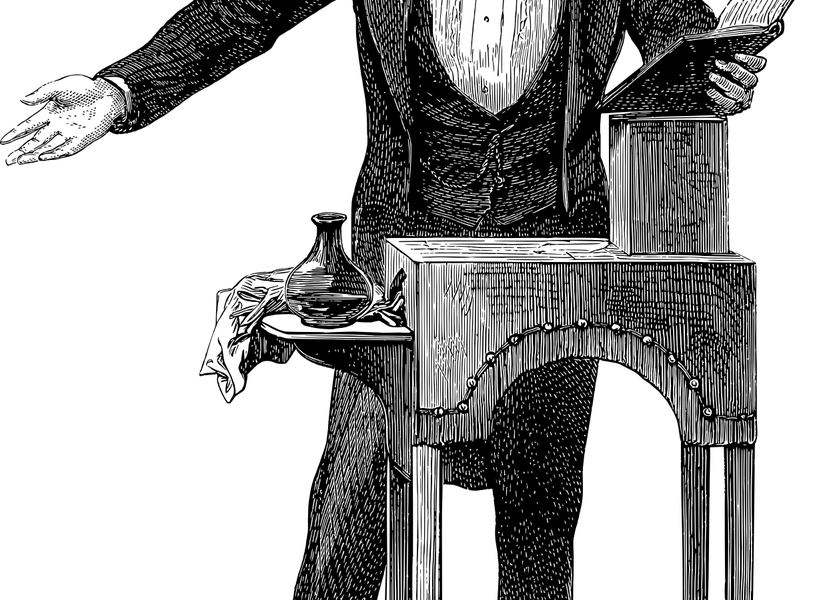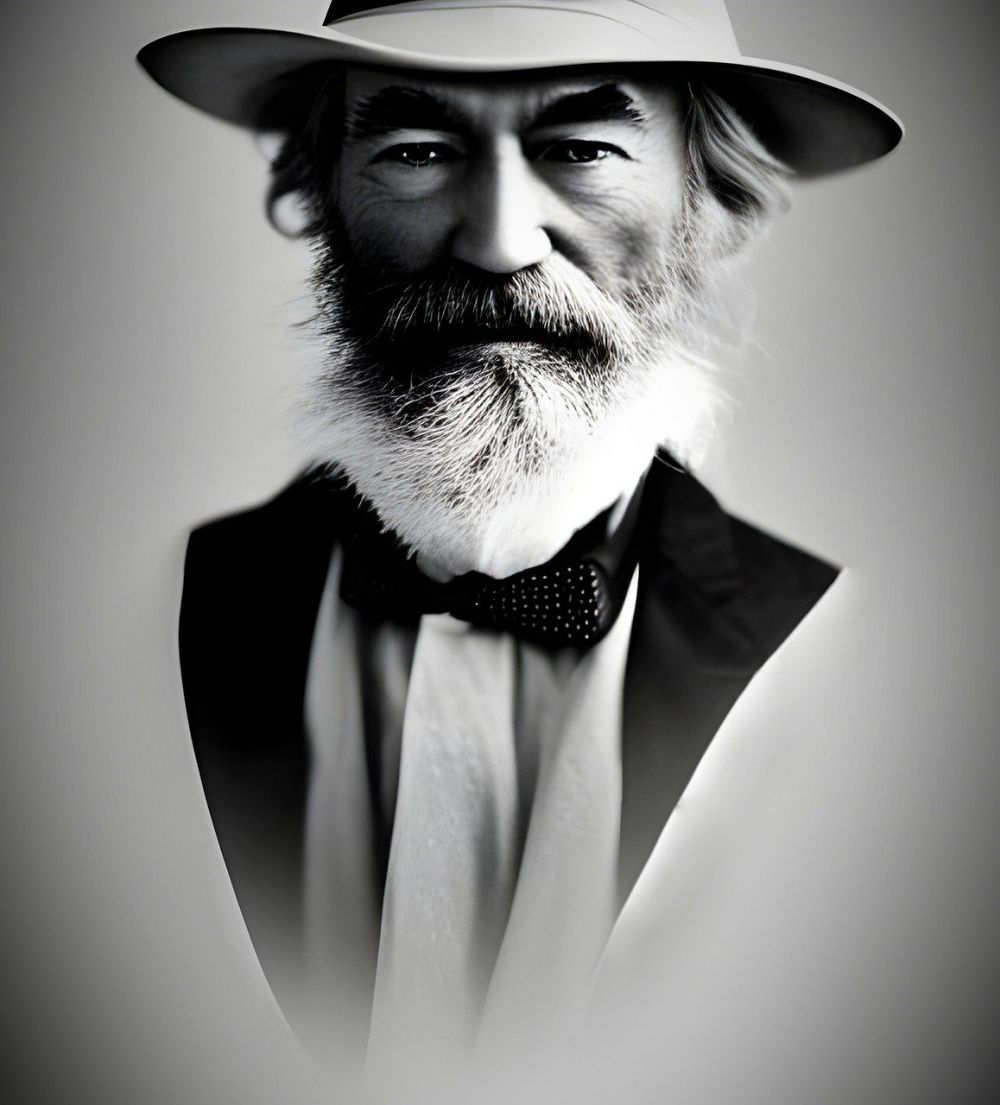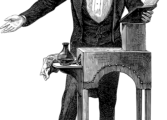George Orwells Animal Farm: An Insight into the Dark Side of Society

” George Orwell’s Animal Farm: An Insight into the Dark Side of Society
Introduction to George Orwell’s Animal Farm
George Orwell’s Animal Farm is a classic allegorical novella that explores the corruption of power and the dangers of totalitarianism. First published in 1945, the book presents a satirical portrayal of the Russian Revolution and its aftermath. By using animals as characters, Orwell effectively highlights the underlying human flaws and political ideologies that lead to oppression and inequality.
Understanding the Significance of Animal Farm

Animal Farm delves into the themes of power, oppression, and the potential for revolution. Through the characters of the animals, Orwell portrays the historical events that unfolded during the Russian Revolution. The farm animals revolt against their human farmer, Mr. Jones, with the hope of establishing a fair and equal society. However, they soon witness the rise of the pig Napoleon, who manipulates the original principles of the revolution to suit his own self-interest.
Orwell’s powerful allegory serves as a critique of political systems that promise equality but ultimately succumb to corruption. Animal Farm highlights the dangers of leaders who abuse their power, the manipulation of language for propaganda, and the perversion of ideals. By shining a light on these issues, Orwell delivers a cautionary tale that resonates with readers across generations.
A Historical Journey of Animal Farm
Since its publication, Animal Farm has been widely studied, analyzed, and adapted to different mediums. Orwell’s work has endured the test of time, remaining an influential piece of literature that raises important questions about society and politics.
Initially, the novel faced some difficulties in finding a publisher due to its controversial nature. Orwell’s sharp critique of communism and totalitarianism made many cautious about supporting the book. However, when it was finally released, Animal Farm quickly gained recognition for its poignant portrayal of the Soviet Union under Stalin’s rule.
Over the years, Animal Farm has been translated into numerous languages, attracting readers from all walks of life. Its popularity grew further as it became a staple in school curriculum, prompting discussions about power dynamics and political ideologies. The book also enjoyed success as a theatrical adaptation, with stage performances captivating audiences worldwide.
Animal Farm as a Featured Snippet on Google
When structuring this article for optimal visibility on Google, it is essential to consider the featured snippet format. Including bullet points in logical sections is an effective way to increase the chances of securing a featured snippet spot. Here’s how the text can be organized:
1. Introduction to George Orwell’s Animal Farm
– Definition and significance of the novella
– Key themes explored in the book
2. Understanding the Significance of Animal Farm
– Allegory of the Russian Revolution
– Critique of the abuse of power and manipulation of language
3. A Historical Journey of Animal Farm
– Initial challenges faced by the book
– Global recognition and adaptations in different mediums
By providing concise and informative sections with bullet points, this article increases its potential to appear as a featured snippet on Google.
Conclusion
George Orwell’s Animal Farm remains a relevant and thought-provoking literary work that exposes the darker aspects of society. Through the allegorical representation of animals, Orwell provides readers with an insight into the cyclical nature of power and the potential dangers of unchecked authority. Whether as a cautionary tale or a stark reminder of historical events, Animal Farm continues to captivate audiences and stimulate discussions about politics, propaganda, and the pursuit of equality.”
















































